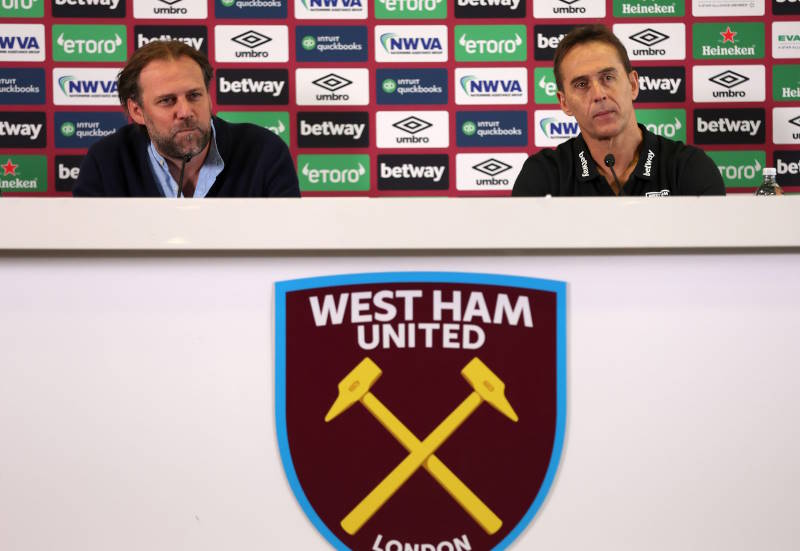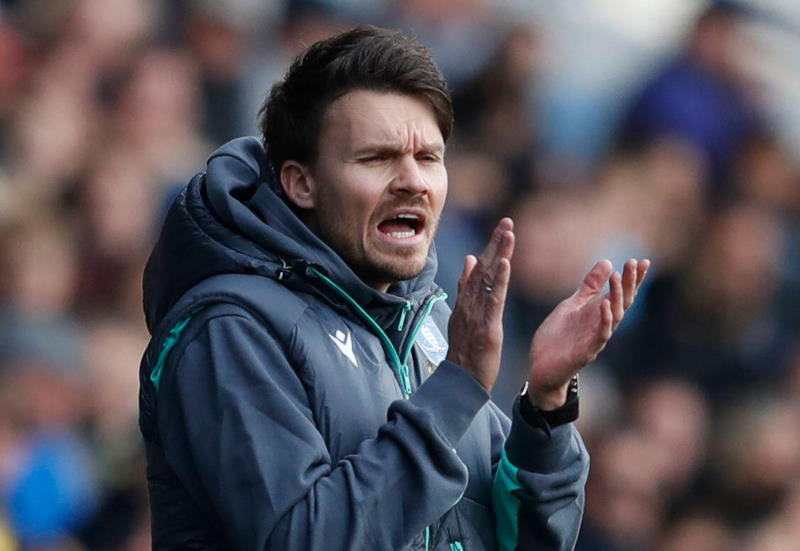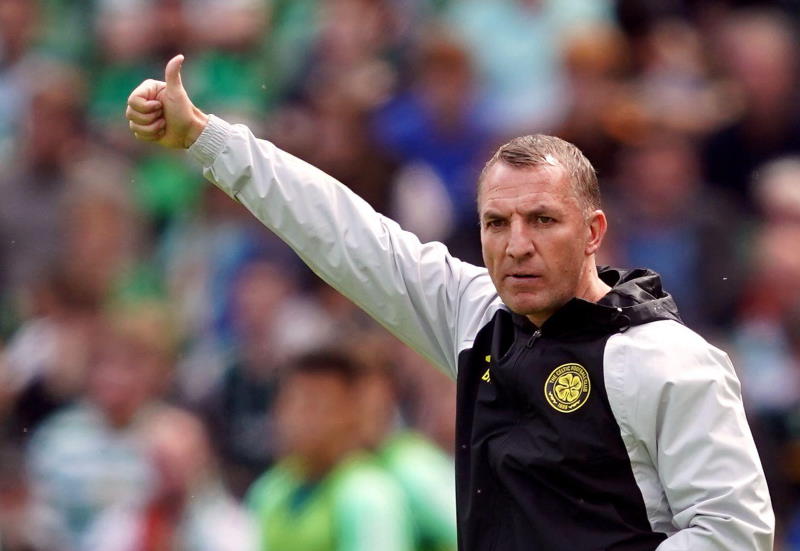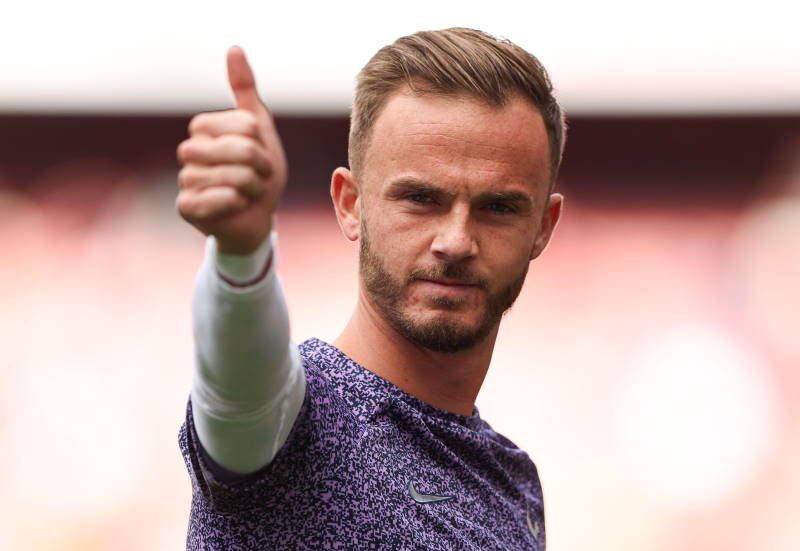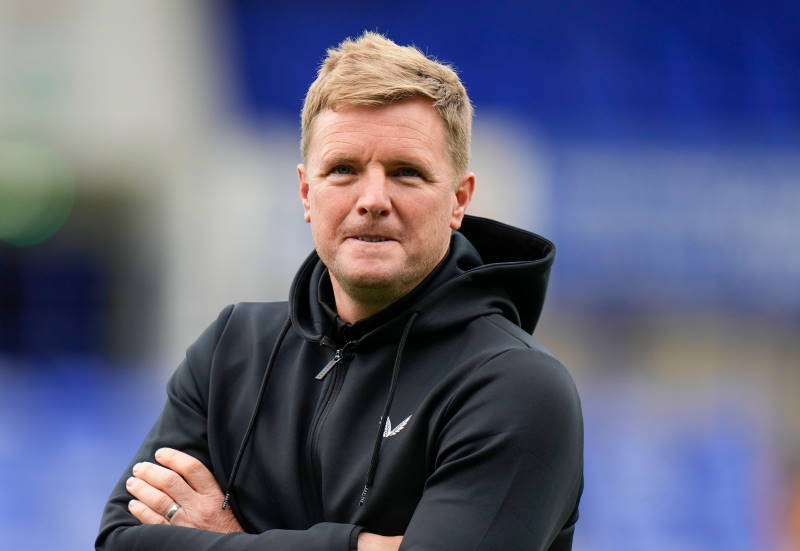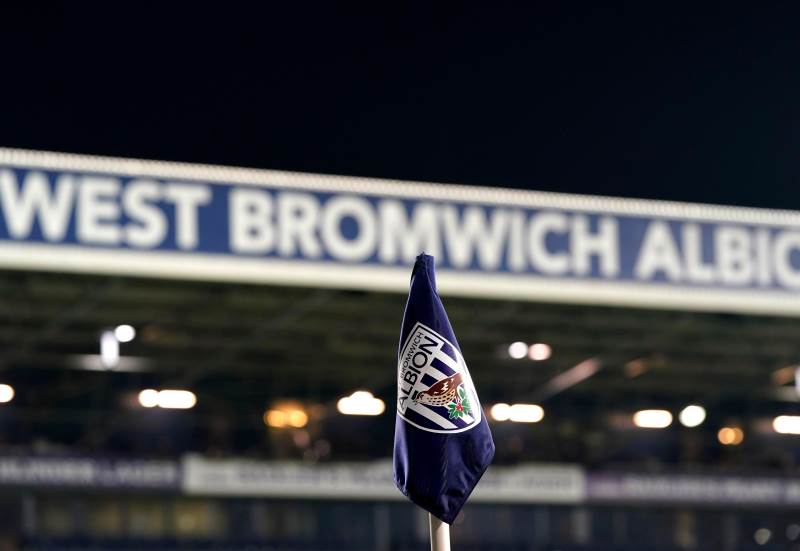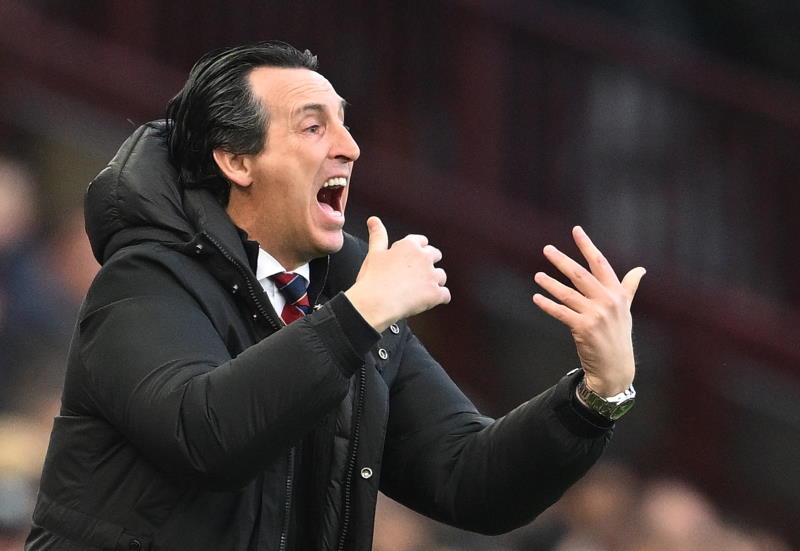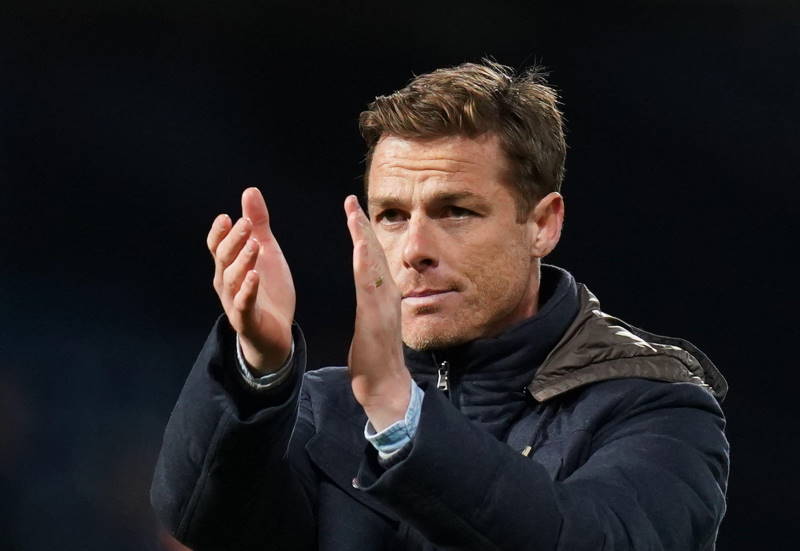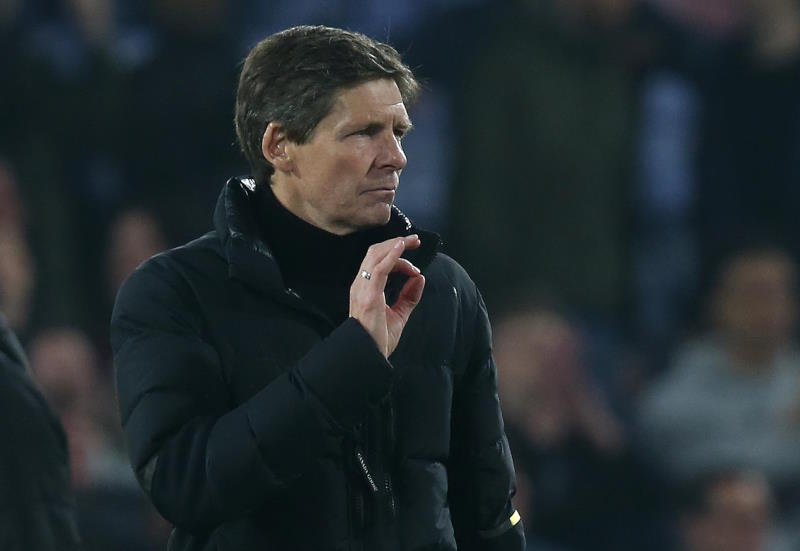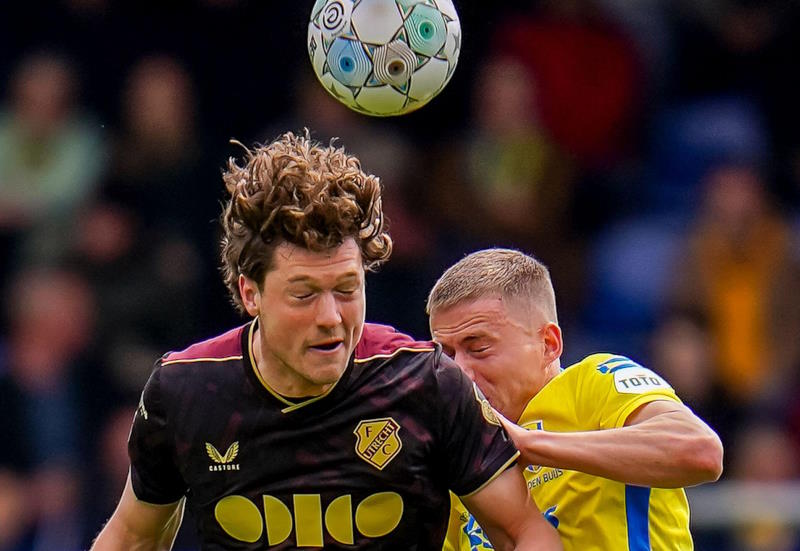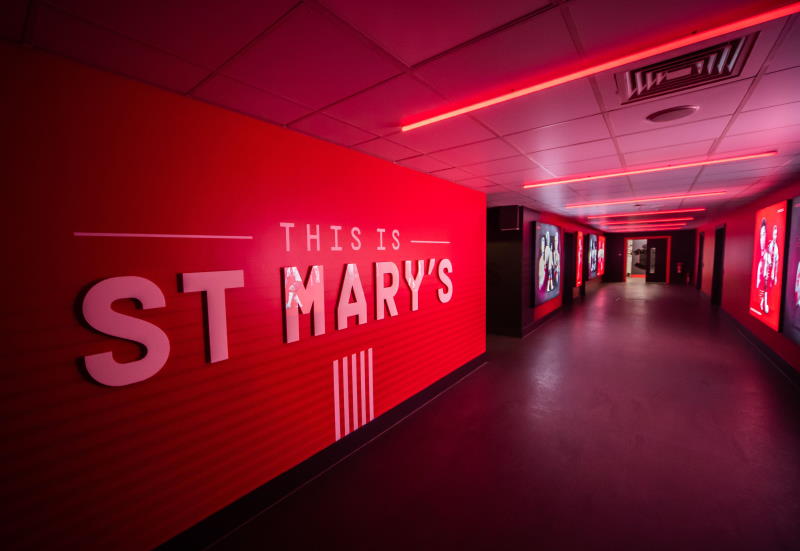
Much like how a prisoner in a chain gang was weighed down by the manacle thwarting his escape, so Italian football – at domestic club level, in continental competition and on the international stage – is still being dragged back by the punishments for its past crimes.
It has been four years since the Calciopoli scandal of referee-influencing saw Juventus, Italy’s most successful club, demoted, the glamorous titans of Milan docked points, and a host of star players leave for better pay and chances of success, usually in Spain or England. They may play host to the European champions Inter Milan, but Italy were the first such continental conquerors to do so without a single member of their starting line-up eligible for the nation of their club. From world champions in 2006 to being outfought by New Zealand and outlasted by Slovakia this summer in South Africa, the status of the Italian footballer has faded with the ageing of heroes like Fabio Cannavaro, Andrea Pirlo, Alessandro Del Piero and Francesco Totti, as well as the retirement of Paolo Maldini. But how deep do the problems afflicting Italian football run?
The best place to begin the examination is in the home. The domestic football scene, instead of benefiting from the weakening of the two dominant powers of the last two decades, saw Inter take all four scudetti (as well as being given the previous one taken away from Juventus), all but the last at a canter, with only moderate challenges from chiefly Milan and Roma.
The traditional top three of Juventus and the Milans have not been able to compete with the financial power of La Liga or the Premier League, and this has seen a dramatic haemorrhaging of talent, most notably Kaka, Mario Balotelli and Zlatan Ibrahimovic, whose loan return to the Rossoneri from Barcelona highlights how Italy can only be a home to stars with reputations to rebuild (Wesley Sneijder, Robinho, Klaas-Jan Huntelaar) or on the road to retirement (Ronaldinho, following Rivaldo and Ronaldo’s leads even before Calciopoli). This influx of damaged superstars replacing genuine headline acts has combined with the waning of native stars and a vacuum formed by inadequate academy replacements to generally debase the standard of Serie A as a whole, and attendances have resultantly dropped.
Numbers through the turnstiles in Italy’s top flight have been falling steadily for years, but whilst there has been a slight recovery recently, the downward trend chimes ominously with the downbeat mood surrounding Serie A. Add in the frequent flaring of persistent hooliganism that recently marred Liverpool’s visit to Napoli and the alleged mishandling of the Serbia match in Genoa – trouble that has seen a policeman die in Sicily two years ago and was a major cause of Italy losing out in their bid to host Euro 2012 and 2016 – and the conditions for the current malaise to become endemic are prevalent.
In continental club football also, the once imperious reputation of Serie A has been tarnished, with even Inter’s role as European champions and Milan’s success in the final of 2007 failing to mask the league’s poor showings. In the last round of European matches, only Inter managed to win, in a thrilling match against a Spurs side in Europe’s top tier for the first time in fifty years, and their scintillating first-half was balanced by nearly throwing away a four-goal lead against ten men.
Milan lost their glamour tie to Jose Mourinho’s expensive Real Madrid, but their bid to reach the knockout rounds probably won’t be too affected by the loss, which is more than can be said for Claudio Ranieri’s Roma, who fell to an embarrassing home defeat to Basel and threatens Italy’s four-team Champions League quota.
The disappointments carried on in the Europa League, where Palermo lost 3-0 in Sicily to CSKA Moscow, and Sampdoria slipped up against the moderate opposition of Metalist Kharkiv, and Juventus – along with Barcelona, Ajax and Bayern Münich one of only four clubs to win all European trophies – drawing with Red Bull Salzburg. The Old Lady’s recent run of results in Europe sums up the fall from grace most aptly, as once where they would routinely turn over Sir Alex Ferguson’s Manchester United, they have now been beaten in their last five ties against English opposition, most ignominiously in last year’s fourth-round Europa League match against Fulham.
The crisis in Italian football is though most vividly illustrated on the international stage, with the Azzurri shirt a much deeper shade of blue than its glorious recent past. Whilst not many people’s favourites to walk away champions in Germany, Italy nevertheless had a battle-hardened squad packed with enough talent to manage without the injured Alessandro Nesta in the latter rounds and to alternate between the game-changing brilliance of Totti and Del Piero. Of those three, only the latter was present (and only as a bit-part player from the bench) as Italy endured an iffy Euro 2008; a creditable quarter-final penalty shoot-out exit to Spain less memorable than a 3-0 disaster against the Dutch and a last-minute escape against Romania. A bad Confederations Cup followed next summer, which downgraded any hopes for defending the world title, but nobody envisioned the truly awful World Cup campaign they were to endure, with Fabio Cannavaro’s career ending in a humiliatingly off-the-pace performance against Slovakia’s workmanlike side.
Cesare Prandelli’s promotion to national manager and the subsequent influx of youth to an aged squad has thus far failed to click, with an odd start to qualifying seeing a narrow win over Estonia amongst other lowlights. Prandelli, however, is not being blamed, such is the lack of young talent available to him: Antonio Cassano may be a very good player, but he is not the top-drawer playmaker that used to keep stellar talents like Gianfranco Zola or Enrico Chiesa on the bench; Giorgio Chiellini, Leonardo Bonucci and Domenico Criscito is not a backline to compare with Gianluca Zambrotta, Cannavaro and Fabio Grosso; perhaps more gallingly, though Inter boast the young hopes of the Brazilian Coutinho and France’s Joanthan Biabiny, there are no budding Roberto Baggios or Franco Baresis breaking through to join them. That nobody at the Italian FA expects a decent showing until maybe 2014 in Brazil, such are the deep-rooted nature of the problems, is a grim reflection of the domestic strife.
A rot set in a while ago in Italian football, and it will be a few years yet until the country will fully recover, with some fans fearing even longer on the sidelines of European and world football. But there is always cause for optimism even in the darkest situation, and Italy can cling to the famous tagline of ‘The Shawshank Redemption’, “Fear can keep you prisoner. Hope can set you free.”

